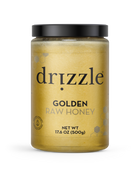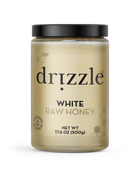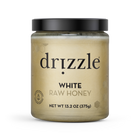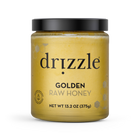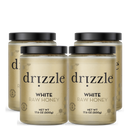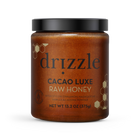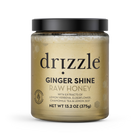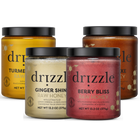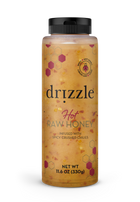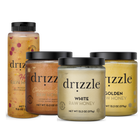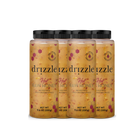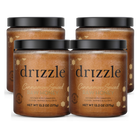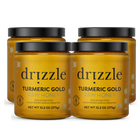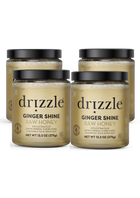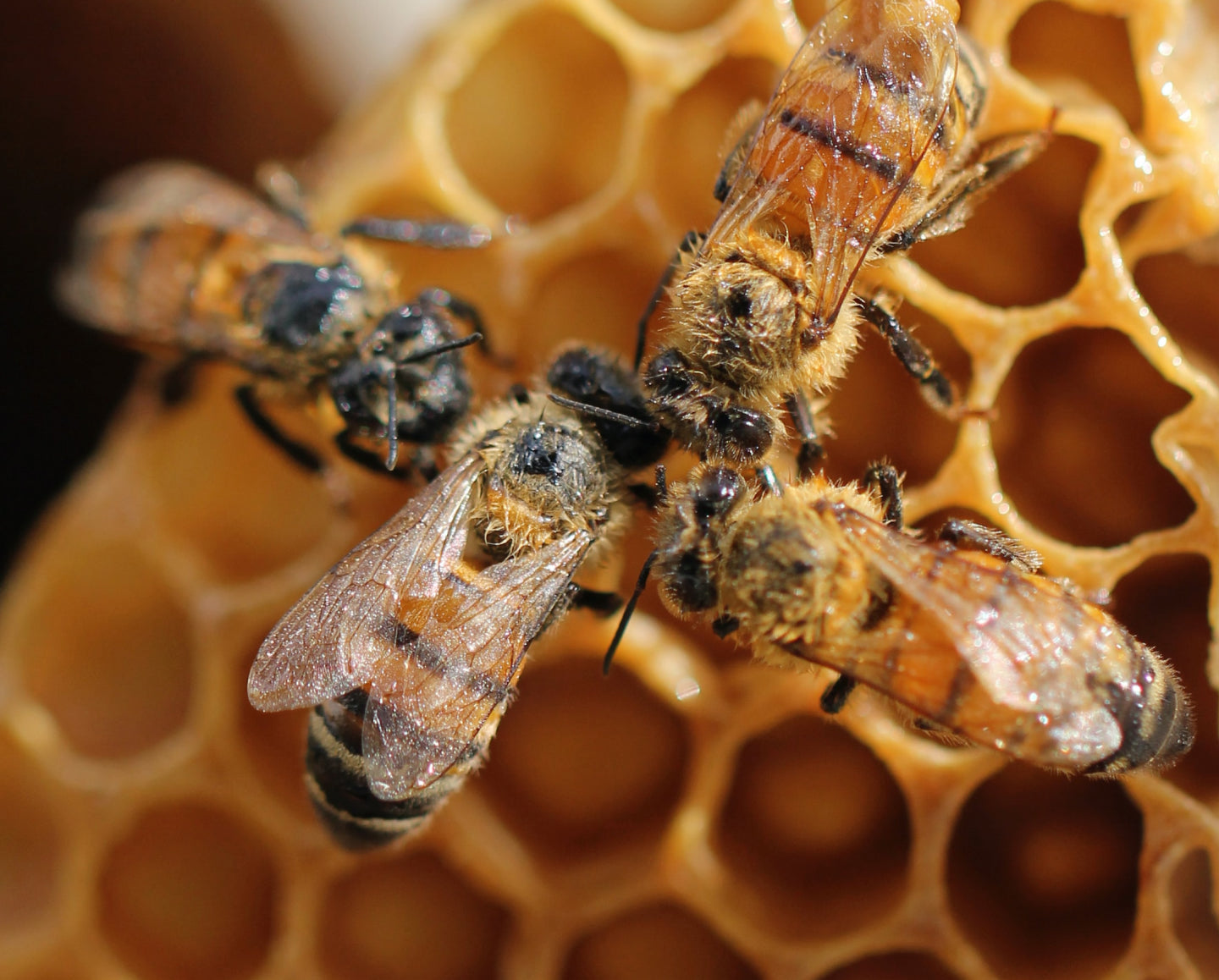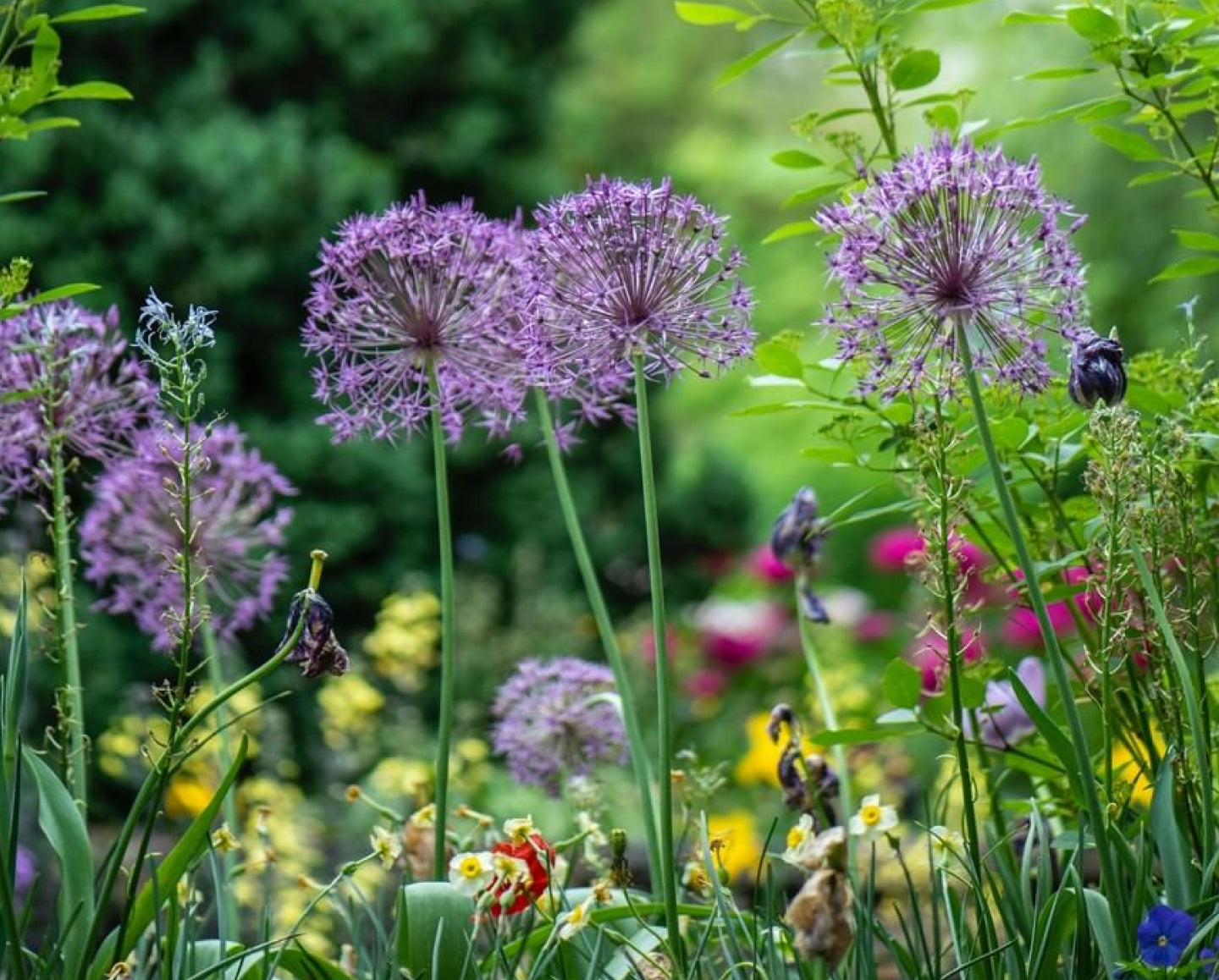We’re proud to set the standard for healthy honey and sustainable practices in beekeeping. We believe the word “sustainable” is used too liberally in business, and if it’s not addressing people, planet and profit, it’s just not sustainable. Here’s a taste of what we do for the planet.
We’re proud to set the standard for healthy honey and sustainable practices in beekeeping. We believe the word “sustainable” is used too liberally in business, and if it’s not addressing people, planet and profit, it’s just not sustainable. Here’s a taste of what we do for the planet.
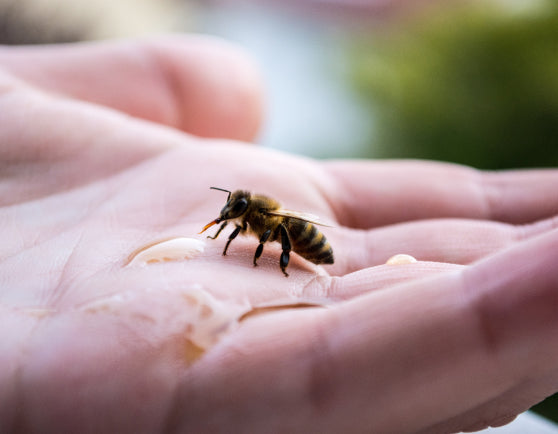
Sustainability
We secure safe habits for bees
If there are no safe habitats for bees, there are no bees. We provide these safe habitats in the quietude of Alberta, Canada’s northern wildflower fields where bees can build homes and feed on a variety of pollen- and nectar-rich food sources, including the clover our honey is known for.
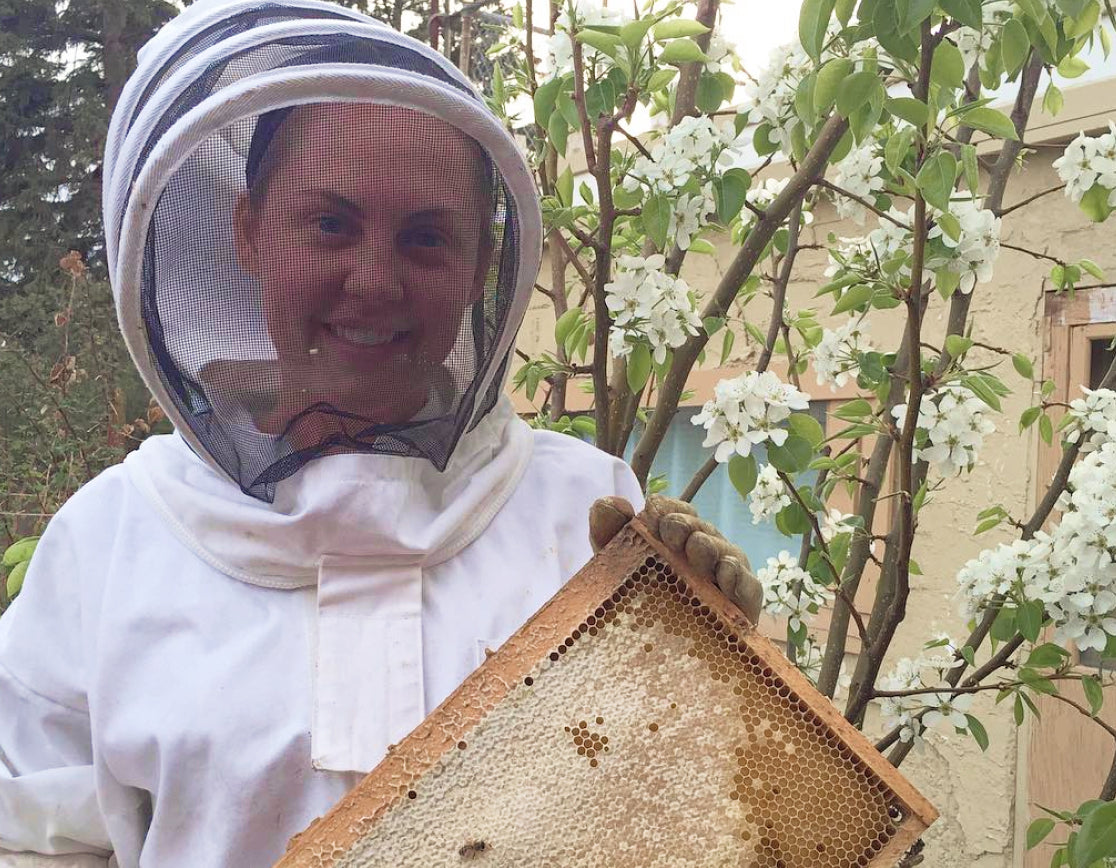
Sustainability
We partner with local beekeepers
By partnering with local beekeepers, we can control the quality and safety of our honey and reduce our carbon footprint from importing honey—after all, it’s already in our backyard. (Maybe we’re biased, but we happen to think local honey tastes better, too. Creamy, buttery, delicious.)
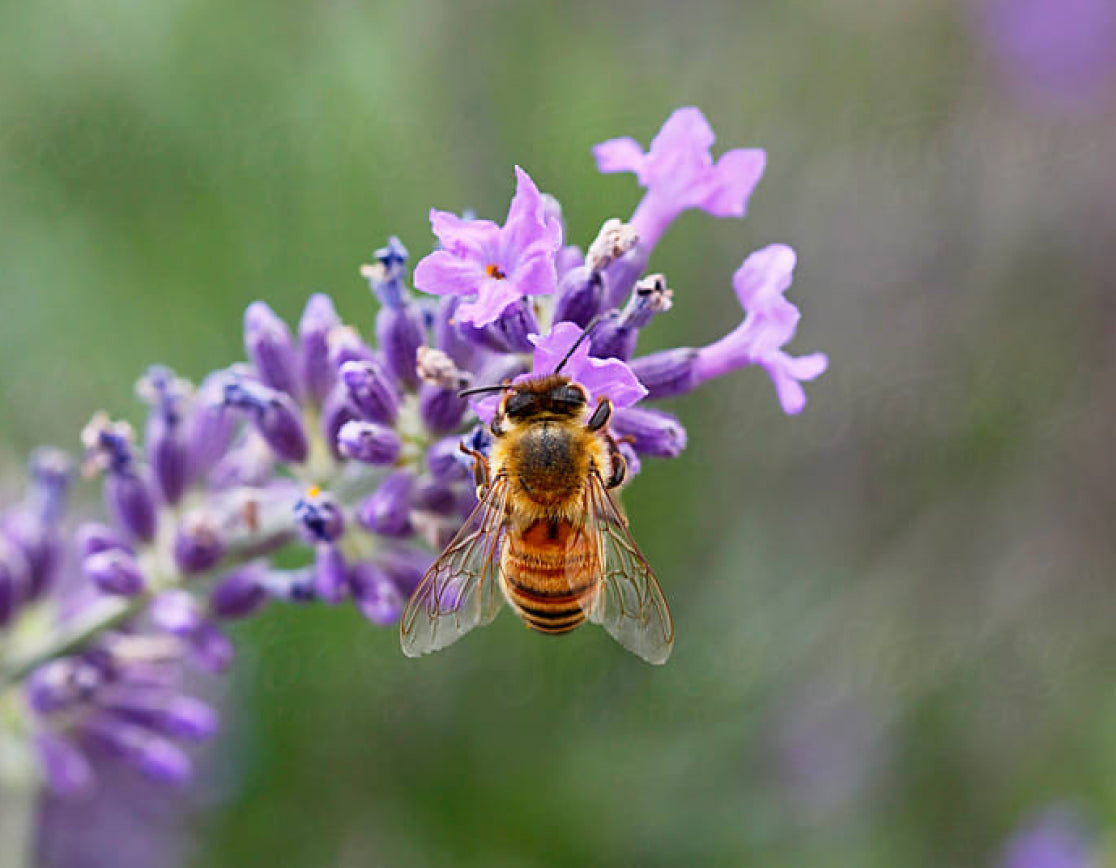
Sustainability
We provide bees with bio-diverse food sources
Like us, bees are healthier when they’re feeding on a number of nutrient-dense food sources, not just one—especially if that one food source is sprayed with chemicals. We don’t monocrop; our bees are free to feed on whatever unadulterated wildflowers they can find.
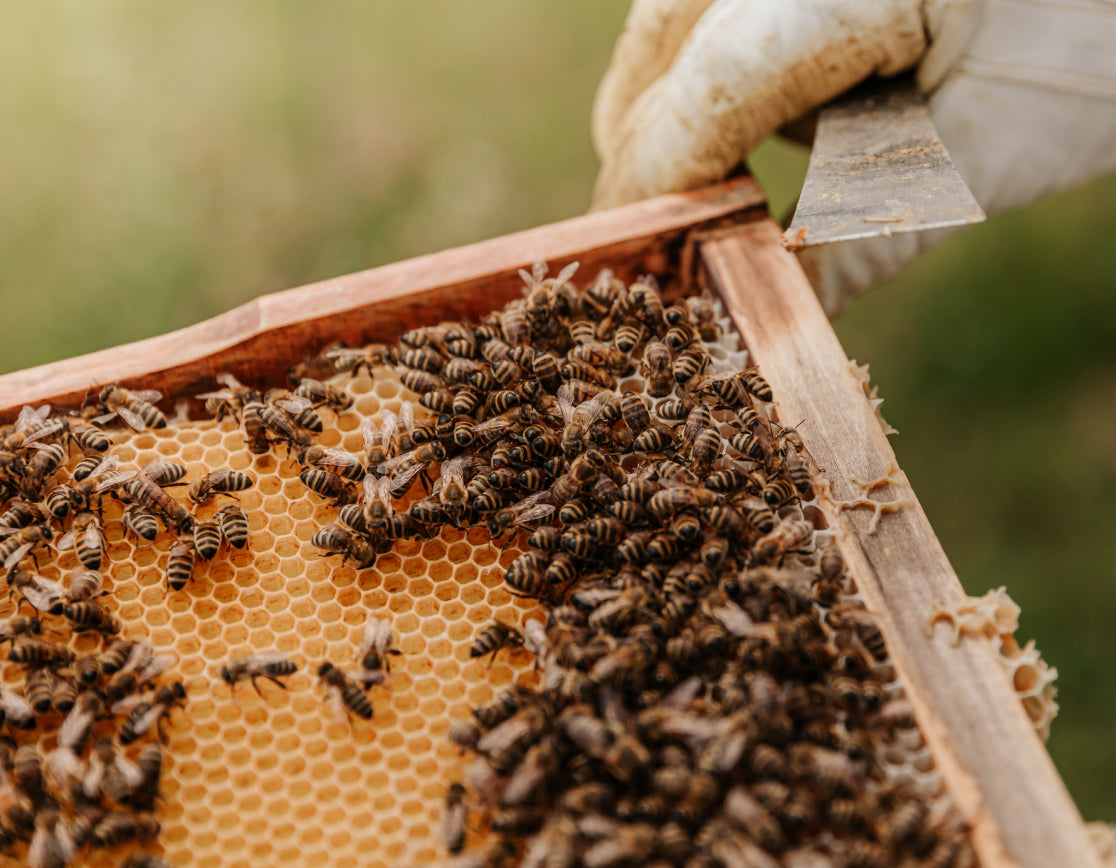
Sustainability
We donate to pollinator research
We donate 1% of our profit to the Pollinator Partnerships and use the organization’s resources to partake in Pollinator Week every year and educate our customers and team on the importance of pollinators and bees year-round. Your other honey brand doesn’t do that.

